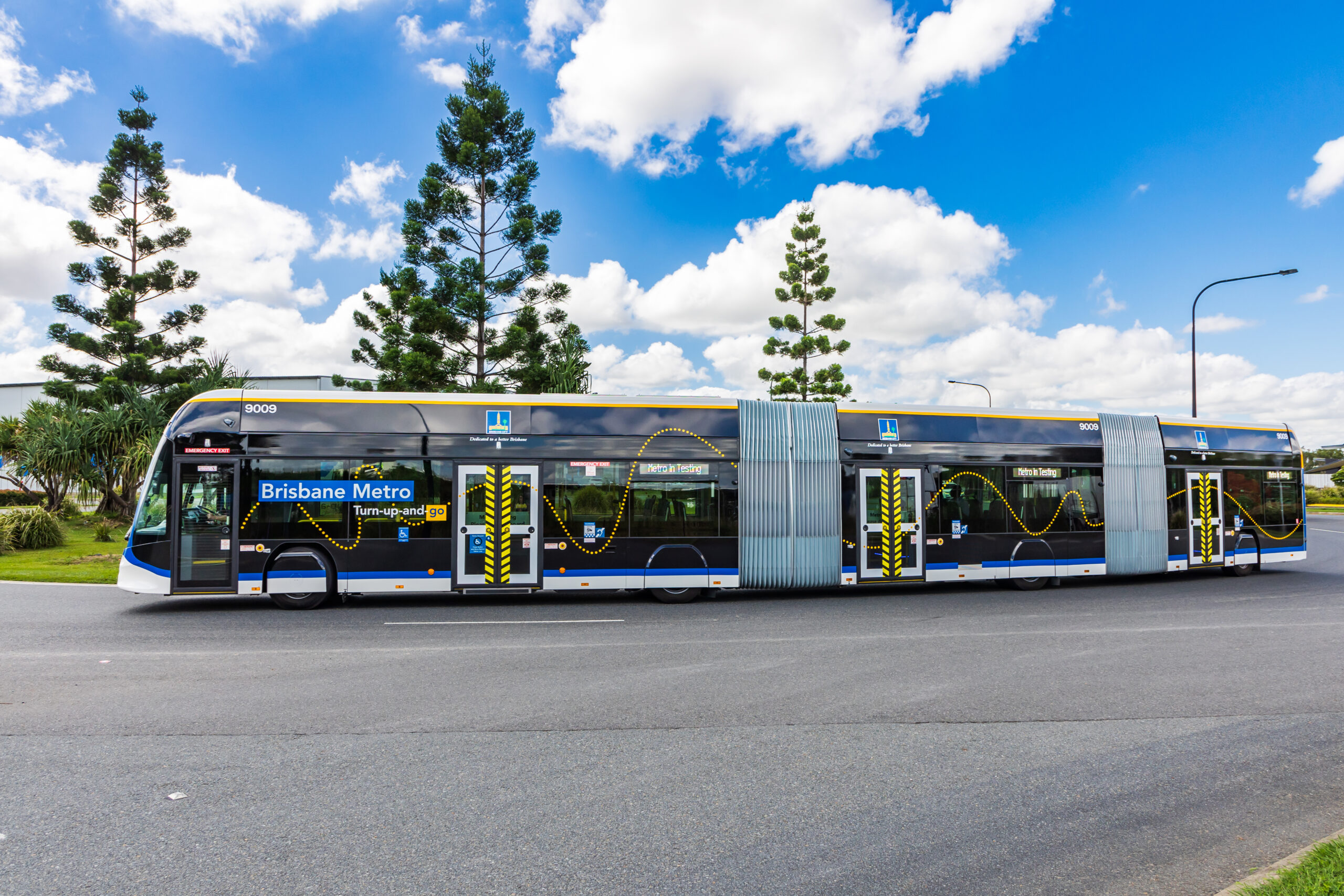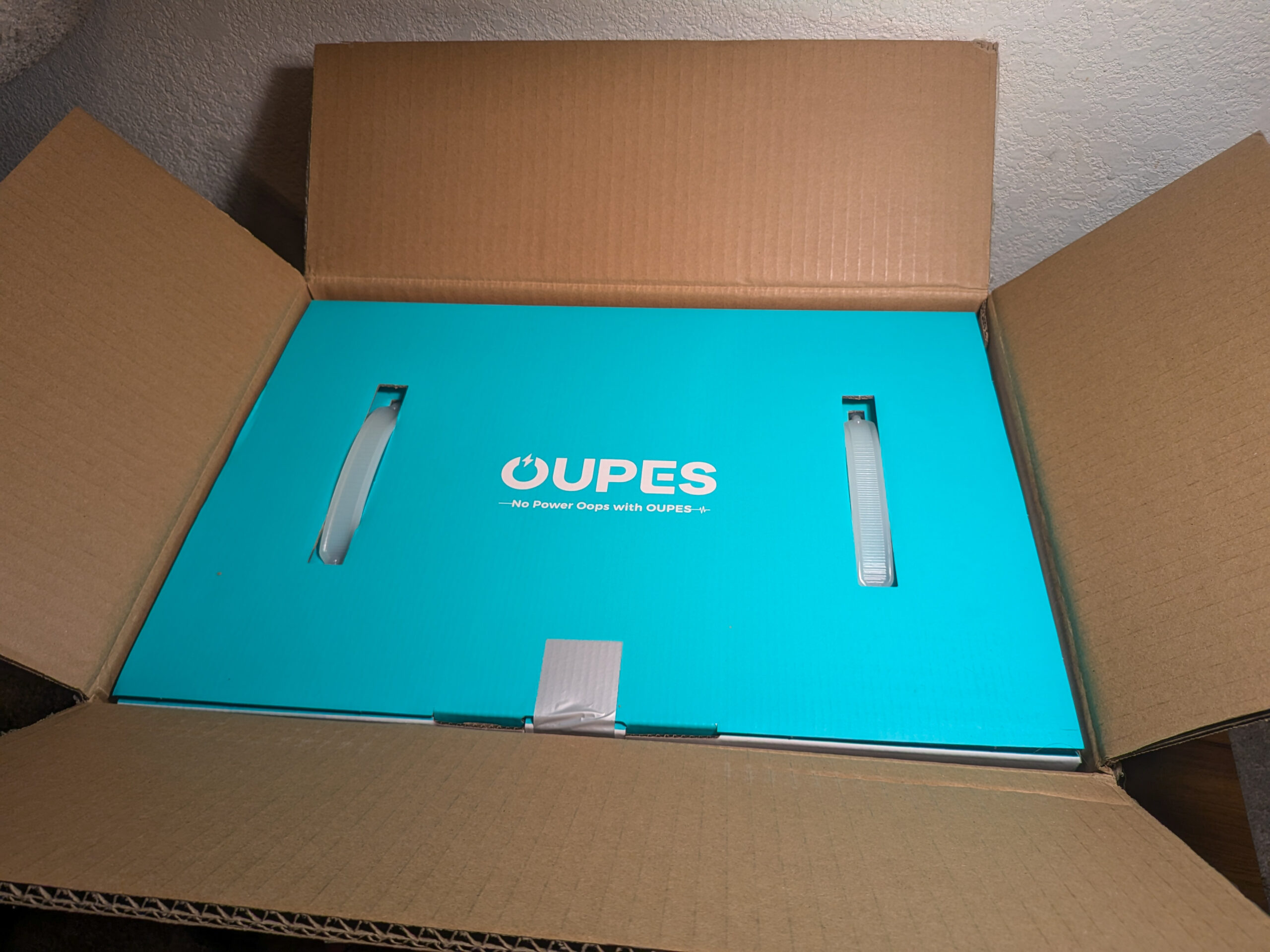
Sign up for daily news updates from CleanTechnica on email. Or follow us on Google News!
Something interesting has been going on with Tesla Cybertrucks. Tesla has been quietly replacing their battery packs, seemingly a lot of them.
At least since September, Tesla has been swapping out Cybertruck battery packs for new ones when they are brought in for other maintenance issues.
The first report we’re aware of is from September 24. Tesla Cybertruck owner Matt Albers wrote:
“Anybody know what this means? I brought the CT in for the first time since delivery in February (VIN sub 2000) for the standard recalls and a few minor issues and they’ve added this to the list.
“They’ve had the truck for more than 2 weeks ![]() and I thought it might only be a day! What does this even mean?”
and I thought it might only be a day! What does this even mean?”
The Tesla service screenshot said “Cybertruck—High Voltage Battery Replacement (Cell Side Dent Induced Core Collapse).” Say what?? Matt reached out to the Tesla service team and asked “Hi. It looks like there was an additional work item regarding a battery replacement. Can you explain what that means?” They responded as follows: “Hey Matthew, this is a proactive replacement as our engineering team has noticed that some cells may have side dents, which can cause shorting in cells in packs developed around your car’s production date.”
Three months later, Christmas week, a similar report has come out. A Cybertruck owner brought his truck in to fix a sideview mirror he had accidentally smashed while backing out of the garage in a rush. “Consequently, I submitted a service request to have it replaced. Within two minutes, Tesla approved the request, but the estimate included that they were also replacing the high-voltage battery. Surprisingly, I haven’t encountered any issues with the battery, nor have I received any error messages,” this owner, “ill1cit,” wrote.
“I dropped off the truck at the service center a few days ago, and they informed me that there’s technically nothing wrong with my batteries. However, Tesla Engineering has requested that the battery pack be returned for a tear-down and inspection. Apparently, units produced around the same time as mine have been experiencing issues. As a result, they’re taking my battery pack and replacing it with a new one.
“I received my Cybertruck around July 1st, and my VIN is 21895. I just want to give a heads-up to anyone that has one built around the same time as mine.”
So, we’ve got reports of this happening across three months with Cybertrucks delivered between February and July!
As far as I can tell, this is basically a quiet recall. Why isn’t Tesla issuing a full, official recall? I can only think of a couple of decent explanations. One is that Tesla doesn’t want the negative press from having to recall thousands of Cybertrucks to replace their batteries, perhaps all Cybertrucks. That could be a big black eye on Tesla and could also depress new sales. Secondly, one reason this would be such a black eye is because it will presumably cost Tesla a lot of money as well. Replacing thousands of huge Cybertruck battery packs, the most expensive part of the vehicle? That’s not cheap. I assume that if Tesla finds no issues with the cells in the pack, the pack can then be used in a new truck, but it’s still a lot of work and money to take battery packs out, ship them back to the factory, check them carefully, and install them in a new truck.
Another potential explanation is it’s no big deal and Tesla is just being proactive. But, again, if it’s no big issue, why go through all this work, time, and money? Also, if it’s been a potential issue for a few months, it surely would have been more proactive and safer to officially recall all Cybertrucks with the suspect batteries.
I just complained the other day about calling over-the-air software updates “recalls,” but this looks like communication malpractice in the other direction. This looks like a real recall that’s not been called or filed as a recall.
Interestingly, in this latest service visit, Tesla has adjusted the way it’s describing the issue, writing “High Voltage Battery (AWD) (Remove & Replace) – Remove and Replace” instead of “High Voltage Battery Replacement (Cell Side Dent Induced Core Collapse).” For sure, that initial description would freak people out and lead to more social media posts and broader attention.
Naturally, we don’t know numerous details on this matter — we don’t know how many battery cells were identified with “dent induced core collapse,” we don’t know where they were when identified (e.g., in a customer Cybertruck vs. a Cybertruck in the factory vs. on the battery production line), we don’t know how many Cybertruck owners have had their battery packs quietly swapped out while getting service for something else. Thankfully, Matt reached out with questions in September and the Tesla service tech was open about what was going on. Without that, this would really be a mystery. That said, Torque News asked some important questions:
“There is a lot to unpack here. First, why did Tesla not communicate with the owner much more clearly when the company decided to replace his batterypack?
“Imagine going to another dealer and finding out, oh yeah, we decided to replace your engine a couple of weeks back. Sorry, we didn’t inform you.
“Yes, Tesla added a line item to the list of work being done; however, I think everyone would agree if Tesla is going to replace the entire high-voltage battery pack, then at the minimum, a person should have contacted the owner to inform him of what’s going on.
“Second, how did the side-dented cells end up in the Cybertruck? Who and what process is to blame for this issue? What is the likelihood that this issue could cause a battery short? Has a battery short occurred in the field? What kinds of accidents and damage has this issue caused so far?
“The two questions raised above are important; however, the biggest question left is the third: has Tesla informed the relevant regulatory organizations, and why is the EV maker not announcing an official recall so that all affected vehicles can get a remedy?”
There are some good points there on how we would traditionally expect an auto dealer or service technician to communicate with an owner. Imagine Volkswagen or Nissan doing things in this way and how people — especially Tesla fans — would react to such behavior. The auto dealers would be absolutely roasted. Then, yes, there are all of those questions I raised above about how much of a risk this is, who has been affected, and why Tesla hasn’t issued an official recall.
Any more insights on these matters? Any more ideas on what’s going on?

Chip in a few dollars a month to help support independent cleantech coverage that helps to accelerate the cleantech revolution!
Have a tip for CleanTechnica? Want to advertise? Want to suggest a guest for our CleanTech Talk podcast? Contact us here.
Sign up for our daily newsletter for 15 new cleantech stories a day. Or sign up for our weekly one if daily is too frequent.
CleanTechnica uses affiliate links. See our policy here.
CleanTechnica’s Comment Policy




